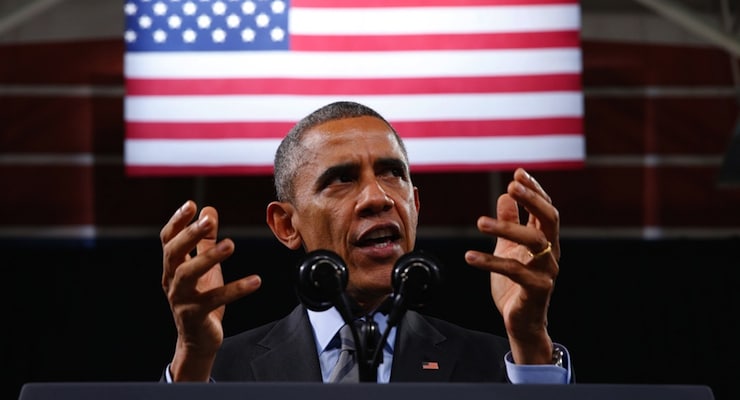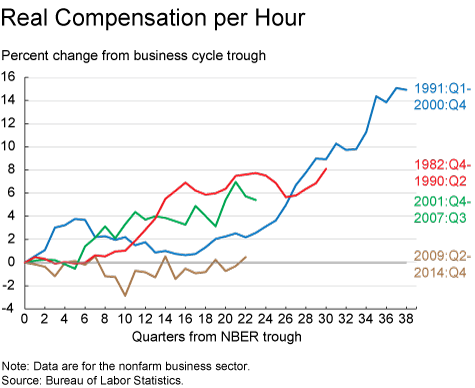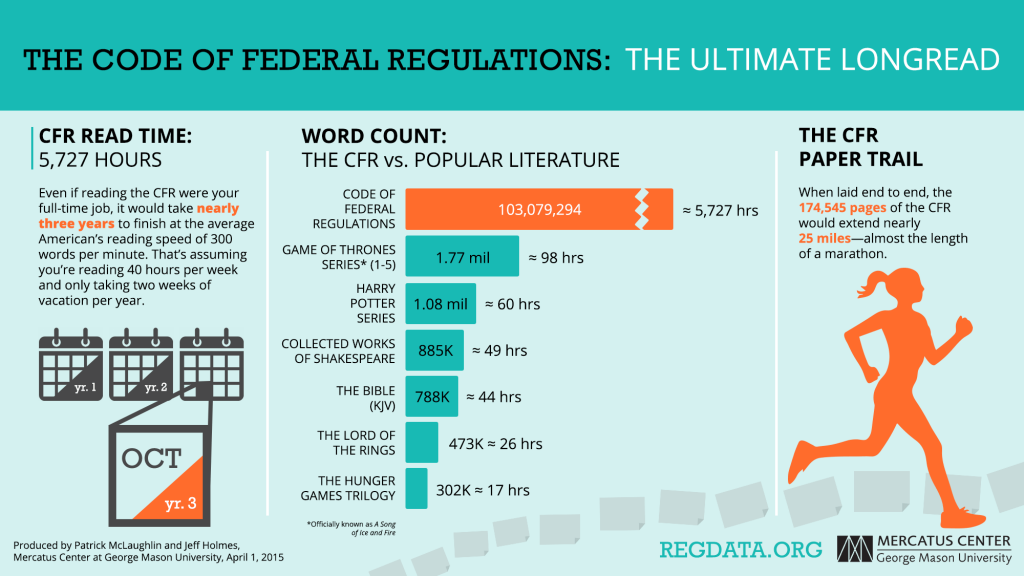

U.S. President Barack Obama speaks about immigration reform during a visit to Del Sol High School in Las Vegas, Nevada November 21, 2014. (Photo: Reuters)
I’m not a big fan of Obamanomics. We’re going through the weakest recovery since the Great Depression. Income and wages have been stagnant, particularly when compared to previous expansions. And while the unemployment rate has finally come down, that’s in part a consequence of people dropping out of the labor force.

The net result is that our nation’s output is far lower than it would be if economic performance had simply matched the average for previous business cycles. And that translates into foregone income for American households.
Yet the President seems to think that he deserves applause for his economic legacy. Here are some excerpts from an AP story in the Oregonian.
President Barack Obama is not shy about defining his achievements and casting them in the most positive light…on Monday Obama offered a rare glimpse at how he wants history to judge his presidency, letting the “L” word cross his lips as he touted the U.S. economic recovery… “Obviously there are things that I’ve been proud of,” he said. He first cited the economic crisis he faced upon assuming office in 2009. “It was hard, but we ended up avoiding a terrible depression,” he said.
You won’t be surprised to learn that I have a different perspective. I was on CNN earlier this week and expressed my disappointment with the President’s policies and their impact on the nation.
[brid video=”9485″ player=”1929″ title=”Dan Mitchell on Obamas Structurally Weak Economy Historically Slow Recovery”]
To be fair, I’m focusing in the interview on the strength (or lack thereof) of the recovery. Obama, by contrast, wants credit for the fact that the 2008 recession didn’t turn into a depression.
Needless to say, there aren’t alternative universes where we can see what would have happened if Obama didn’t get to the White House. And it probably wouldn’t matter even if there were alternative universes since neither McCain nor Romney had a substantially different vision anyhow.
But here’s why I think it’s absurd for Obama to take credit for avoiding a depression. Simply stated, it takes a lot of mistakes, on a sustained basis, to produce a depression.
And that’s precisely what we got from Presidents Hoover and Roosevelt. Thanks to protectionist policies, higher tax rates, a bigger burden of government spending, and massive intervention in markets, a normal downturn was magnified and extended to last an entire decade.
So I suppose we could give Obama credit for not being as bad as Hoover and Roosevelt, but that’s an extreme case of damning with faint praise. And even faint praise is probably unwarranted since Obama wanted more statism and was stopped by the 2010 election.
The bottom line is that Obama wants people – based on zero evidence – to believe a depression would have occurred naturally in the absence of his policies.
The more realistic assessment is that Obama’s policies have been a net negative for the economy. But as I remarked in the interview, I’m not making a partisan argument. Bush’s policies also were a net negative.
By comparison, you can look at Reagan and Clinton for examples of Presidents who increased economic freedom during their reigns.
P.S. Since today’s topic is the economy, here’s a grim reminder of one of the reasons why growth has been relatively anemic.
The folks at Mercatus have put together a pictograph on the regulatory burden.
Something to keep in mind when considering the degree to which red tape is constraining growth and entrepreneurship.
[mybooktable book=”global-tax-revolution-the-rise-of-tax-competition-and-the-battle-to-defend-it” display=”summary” buybutton_shadowbox=”true”]







